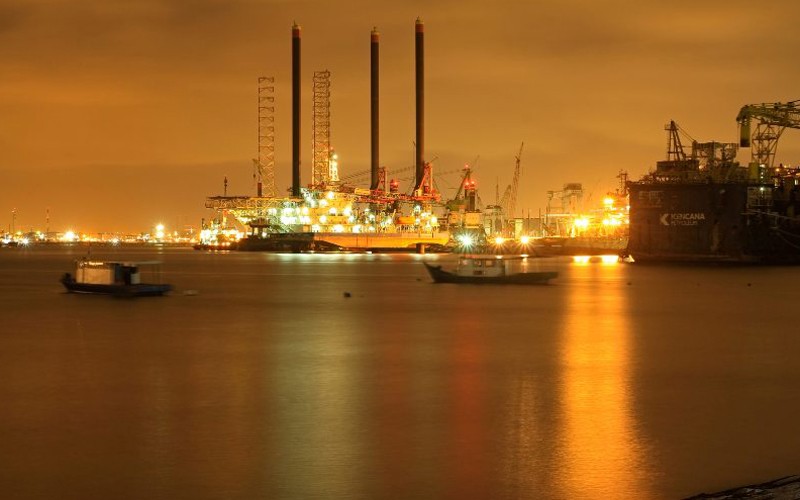
IEA slashes 2025 oil demand forecast by 300,000 b/d amid global trade tensions
The International Energy Agency (IEA) has sharply reduced its forecast for global oil demand growth in 2025 by 300,000 barrels per day (b/d), revising it down to 730,000 b/d, media reports said.
The agency attributed the downgrade to mounting concerns over inflation, economic slowdown, and escalating trade tensions, triggered by rising tariffs from the United States, China, and others.
In its April monthly oil market report released on Tuesday, the Paris-based agency also warned that demand growth could ease further in 2026, dipping to 690,000 b/d.
The IEA said global oil demand rose by 940,000 b/d in 2024. Despite strong consumption in the first quarter of 2025—up 1.2 million b/d year-on-year, the fastest pace since 2023—the agency revised down its outlook citing economic headwinds.
Just a day prior, the Organisation of the Petroleum Exporting Countries (Opec) also trimmed its oil demand growth forecast by 100,000 b/d for both 2025 and 2026, now estimating a growth of 1.3 million b/d.
“While imports of oil, gas and refined products were exempted from recent US tariffs, fears that such moves could stoke inflation, dampen economic growth and fuel deeper trade disputes have already weighed on oil prices. With negotiations and retaliatory actions still underway, the environment remains volatile,” the IEA noted.
The agency expects global crude throughputs to average 83.2 million b/d in 2025, adjusting its earlier projection down by 230,000 b/d.
For 2026, refinery processing is expected to increase by 360,000 b/d, reaching 83.6 million b/d.
On April 3, Opec+ surprised markets by announcing it would triple its planned production increase to 411,000 b/d from May, accelerating the rollback of the 2.2 million b/d voluntary cuts that began in November 2023.
The hike involves eight countries, including Saudi Arabia and Russia.
However, the IEA cautioned that the actual supply increase may fall short, as several nations—such as Kazakhstan, the UAE, and Iraq—are already pumping above their quotas.
Opec+ has also reaffirmed its commitment to maintaining compliance and preventing oversupply, amid pressure from sliding prices.
Brent crude had briefly fallen below $60 per barrel earlier in April, hitting its lowest level in four years.
Support Our Journalism
We cannot do without you.. your contribution supports unbiased journalism
IBNS is not driven by any ism- not wokeism, not racism, not skewed secularism, not hyper right-wing or left liberal ideals, nor by any hardline religious beliefs or hyper nationalism. We want to serve you good old objective news, as they are. We do not judge or preach. We let people decide for themselves. We only try to present factual and well-sourced news.







